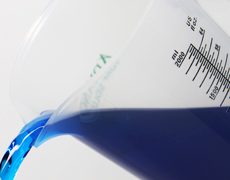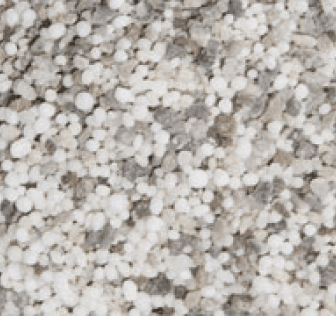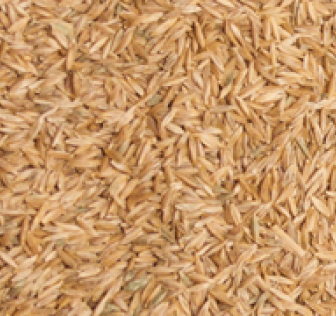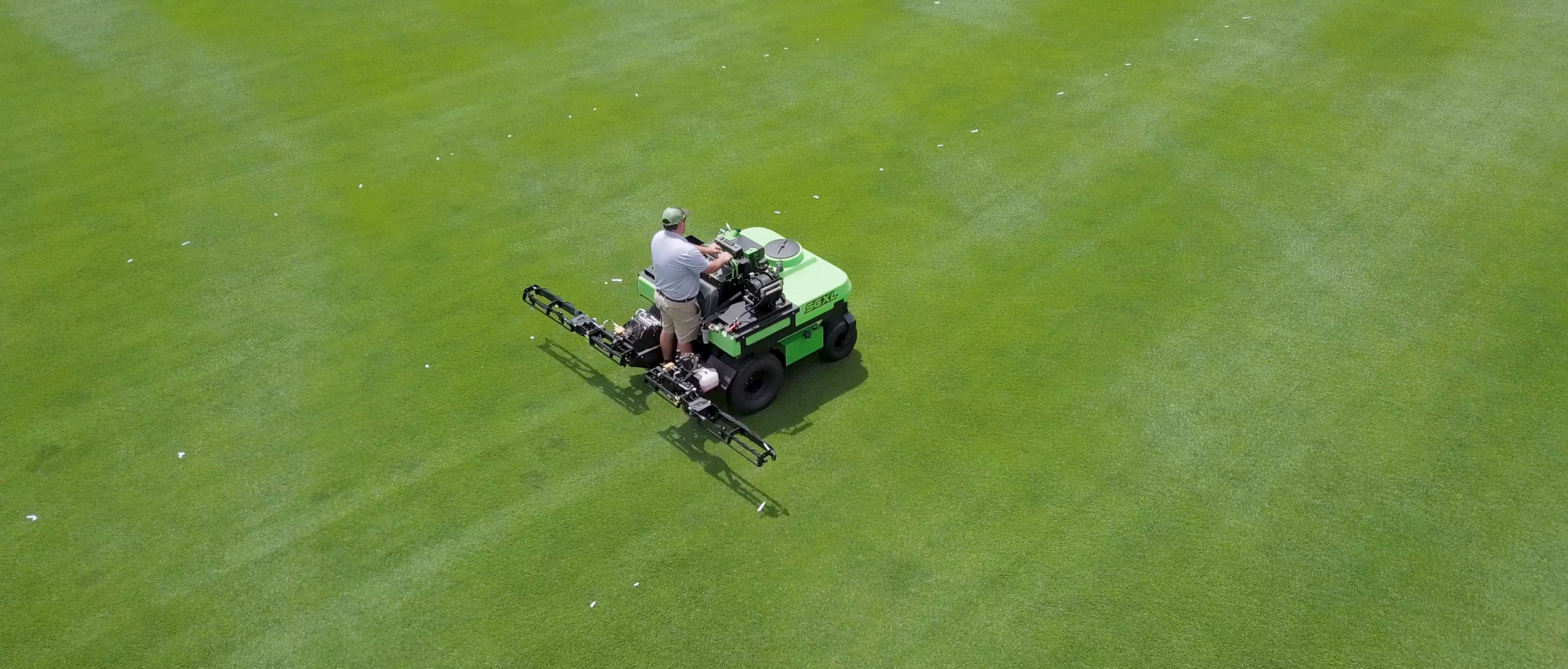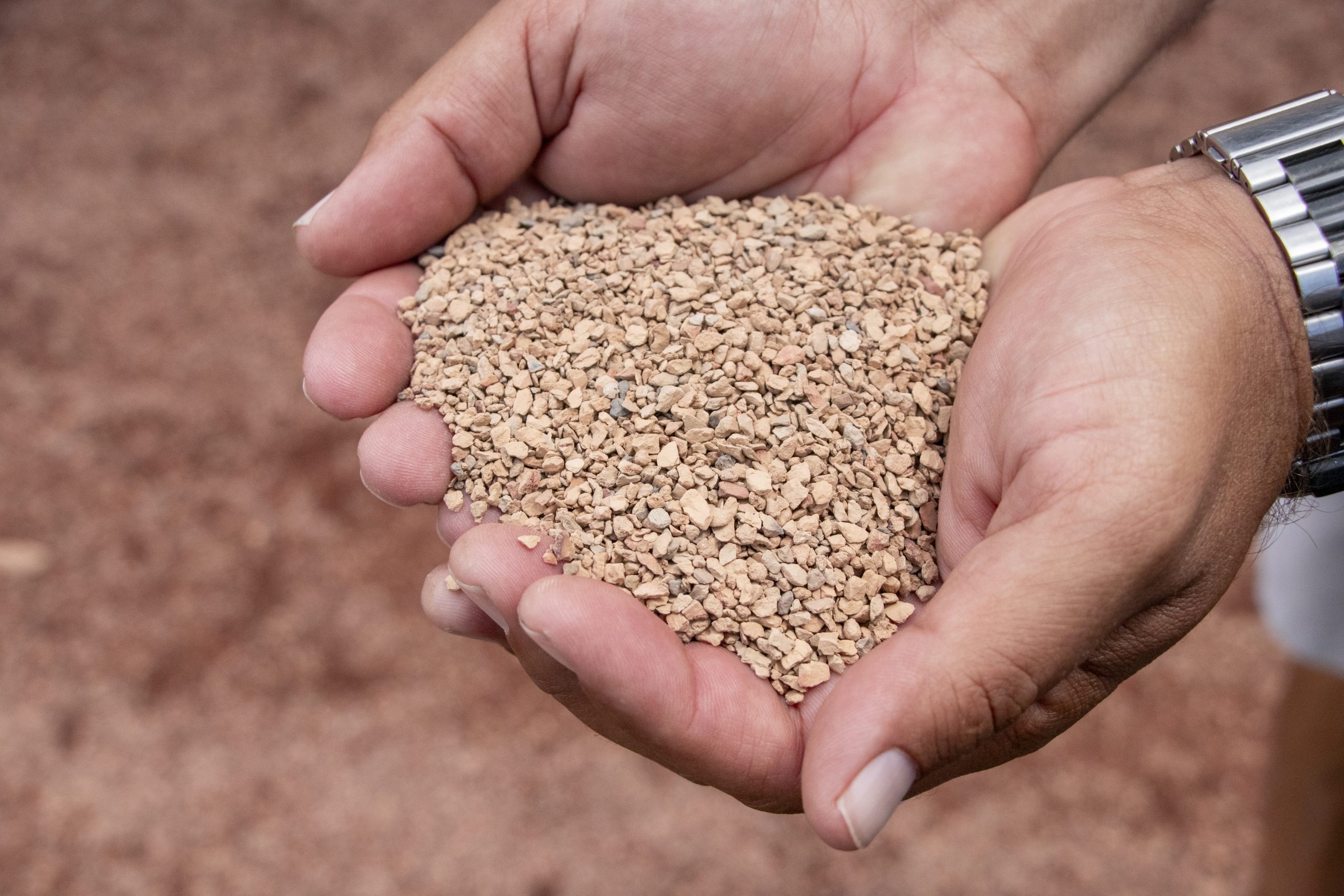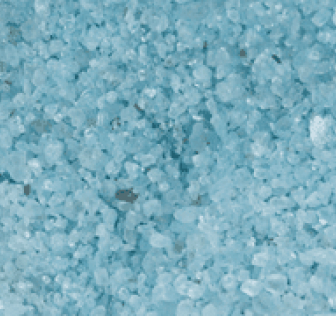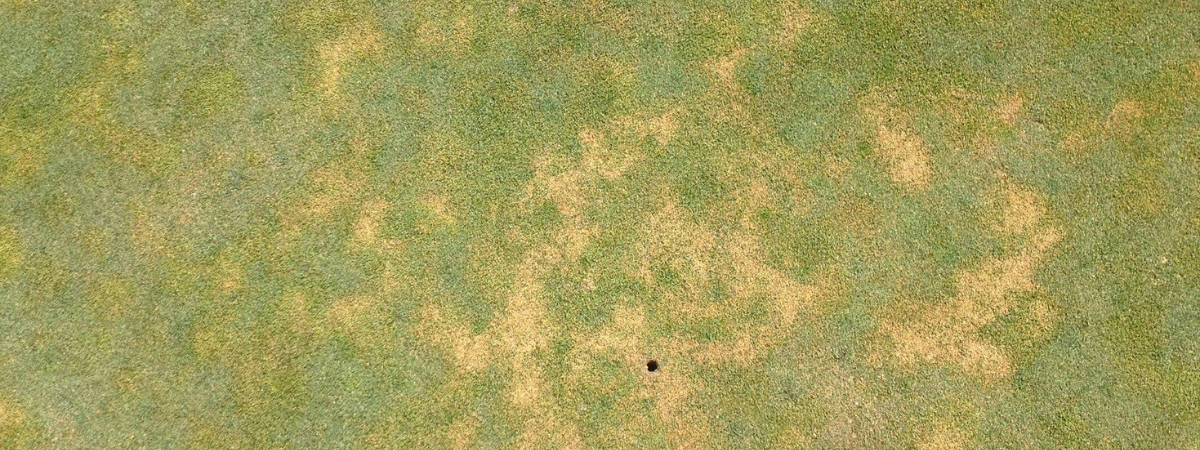Summer in North Carolina means different things, depending on where you manage a golf course in the state and what type of grass you are managing. With the season in full swing and summer quickly approaching, here are a few tips to remember for North Carolina bentgrass and bermudagrass.
Bermuda
Summer is your bermudagrass’ time to shine in North Carolina. Use these tips to keep it shining this summer.
- Sand, sand, and more sand. Sand not only helps with green speed and ball roll, but it can also help to prevent disease and can be your best fungicide.
- Stay preventative on fungicides. While water inputs typically can be stretched if need be, fungicides cannot. Recovery from some diseases that can arise can be timely. Better to stay preventative on any ultra dwarf greens. A significant disease you should preventatively treat for is pythium.
- Feed your turf. Most ultra dwarf greens are hungry grasses. A weekly fertility program is recommended instead of a bi-weekly one. Because a large amount of intensive cultural practices take place in the summer on bermudagrass, it needs low, weekly rates of nutrients to recover.
- Do not verticut too deep. Verticutting too aggressively could set the plant back. Focus on tickling the leaf blade when verticutting for weekly play. Do not verticut more than .010″ below the cutting height.
- Stay on low doses of growth regulators weekly as opposed to bi-weekly. 2-4oz/week seems to be the honey hole for most of our North Carolina superintendents. Find what works for you, stay consistent, and keep growth steady without flushes.
Bentgrass
Summer for North Carolina bentgrass is all about getting your bentgrass through the summer heat without too much stress. Unlike bermudagrass, bentgrass’ energy level is low, and it’s ready for a break. The tips below will help your bentgrass survive through the summer heat.
- Don’t forget to control your moisture, especially if the soil is sand-based. Control your moisture by hand as much as possible. Lay off the overhead sprinklers and use technology present in meters to monitor moisture levels.
- Vent, Vent, Vent. Non-disruptive aeration, such as needle tining less than 1/4″, is a wonderful way to provide additional airflow to your roots every couple weeks during the summer. Aerating is also an excellent time for a soil application using products, like Hydro-Pak Command and Foliar-Pak Colonise Bio. The soil application will help with improved turf recovery and higher quality turf.
- Stay consistent on fungicides. Do not stretch intervals and stay proactive in thought and application. Preventatively treat for pythium, anthracnose, and dollar spot (especially in the mountains) when possible.
- Stay consistent on liquid fertility programs. Like fungicides, do not stretch intervals and stay proactive in thought and application. Use quality foliar products to provide uptake at times when roots are not functioning at full speed or all.
- Alternate mowing and rolling in the morning to give your plant a break. Mowing is much more stressful to the leaf blade and, in most cases, alternating rolling and mowing help maintain turf quality.
- Pray frequently
Bermudagrass and Bentgrass
Soil structure tends to be deficient in much of North Carolina. So, a good tip to remember for both bermudagrass and bentgrass is to apply humic acid products, along with a wetting agent (like Hydro-Pak Command), to break down the poor soil structures found in the state. This also has an added bonus of assisting in the freeing up of unavailable nutrients in the soil.
The last and maybe the most important tip for both bermudagrass and bentgrass is to take a soil test. With golf course management happening year-round in North Carolina, the budget can get tight. Do not put a product out to just put it out. See what your soil really needs with a soil test.

